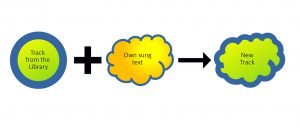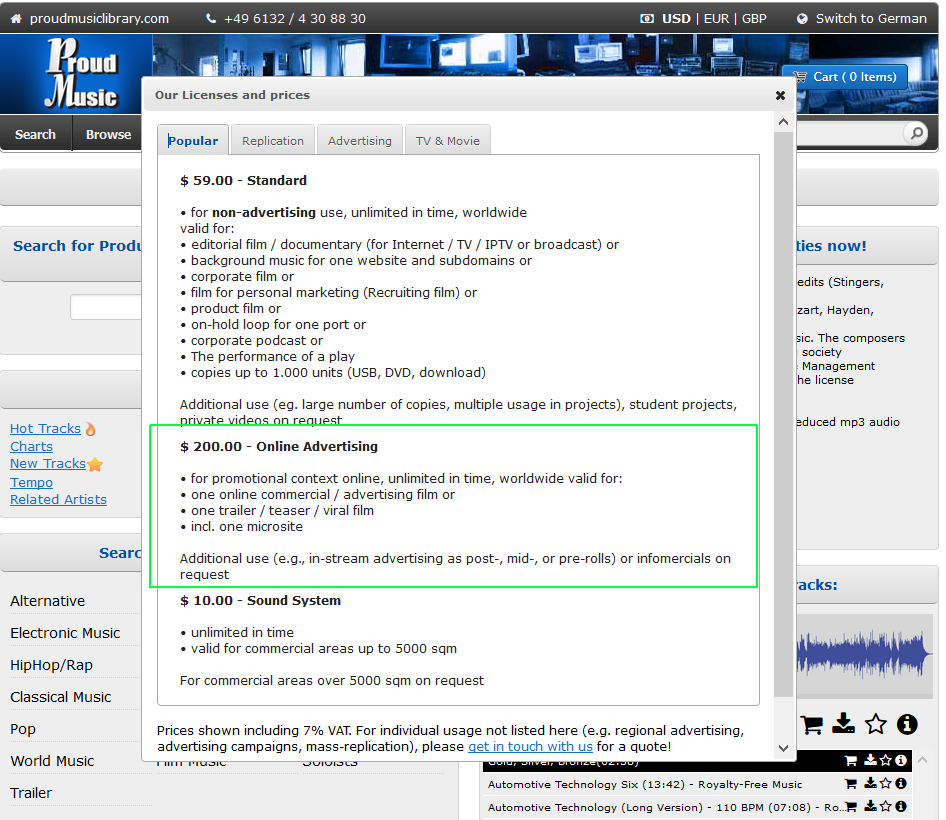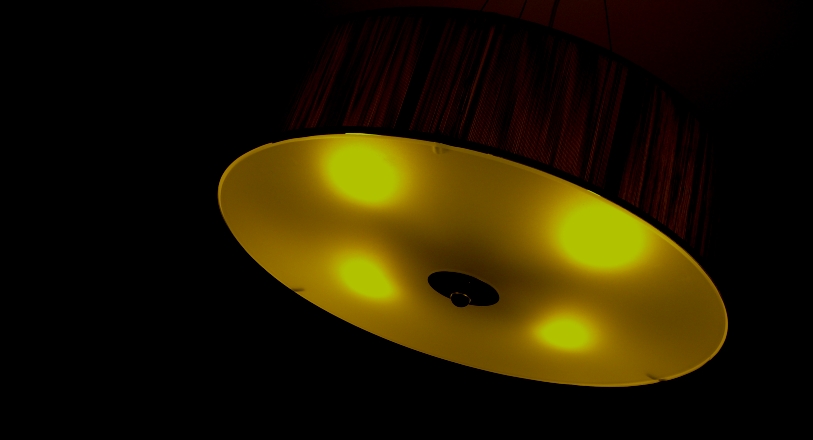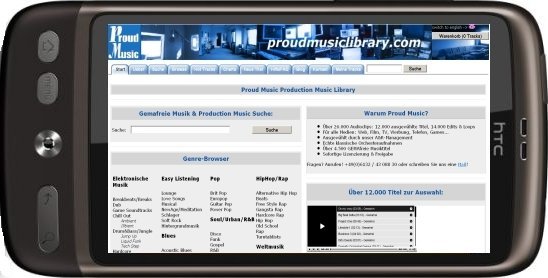Background music for your own recordings
From time to time we get requests from interested people to add their own composed melody to a track from the Proud Music Library. That means, that the own melody is added as an overlay to the existing music. Some people also want to use an instrumental track as background music and then sing their own melody over it.
Allowed? Not allowed?
The use of a track for the above described use is allowed if the merged work is only used privately. Private means “in your own four walls”. Private publication is not possible. Anything that is published is no longer private. This also applies if you upload a video to e.g. Youtube or Vimeo and a) offer it there for public viewing or b) not list the video. Anyone who knows the link can pass it on or link to it, in short: distribute it. Therefore, lit. b) is strictly speaking also public and therefore not allowed for the time being.
Merged work (Music+New melody)
Now you could get the idea to buy a license and then it would be allowed to publish the merged work (track from the library + own melody). Unfortunately this is not so easy, because the Proud Music Library is not allowed to grant the right to do so. The permission for this is always given by the authors (creators) of the respective track or music title themselves. For this purpose, a separate contract must be concluded with the authors, since the new merged work is a new work, since the melody now has its own copyright, so that in connection with the music a co-authorship of the new work has arisen.

However, the solo must have a so-called creation level, otherwise “merely” a performance protection right has arisen. But also here you need the permission of the authors (creators) for the case you want to publish the new track.
In contrast: Composite work
With film works it is different. Here Proud Music grants a sync right. Here, permission is granted to combine the work [FILM] with the work [MUSIC] (more precisely: sound recording) in order to produce a new work (FILM plus MUSIC).
If you have any questions about licensing via Proud Music Library, just give us a call: +49 6132 43 088 30
Questions about commissioned production? Studio equipment or facilities? Quality?








